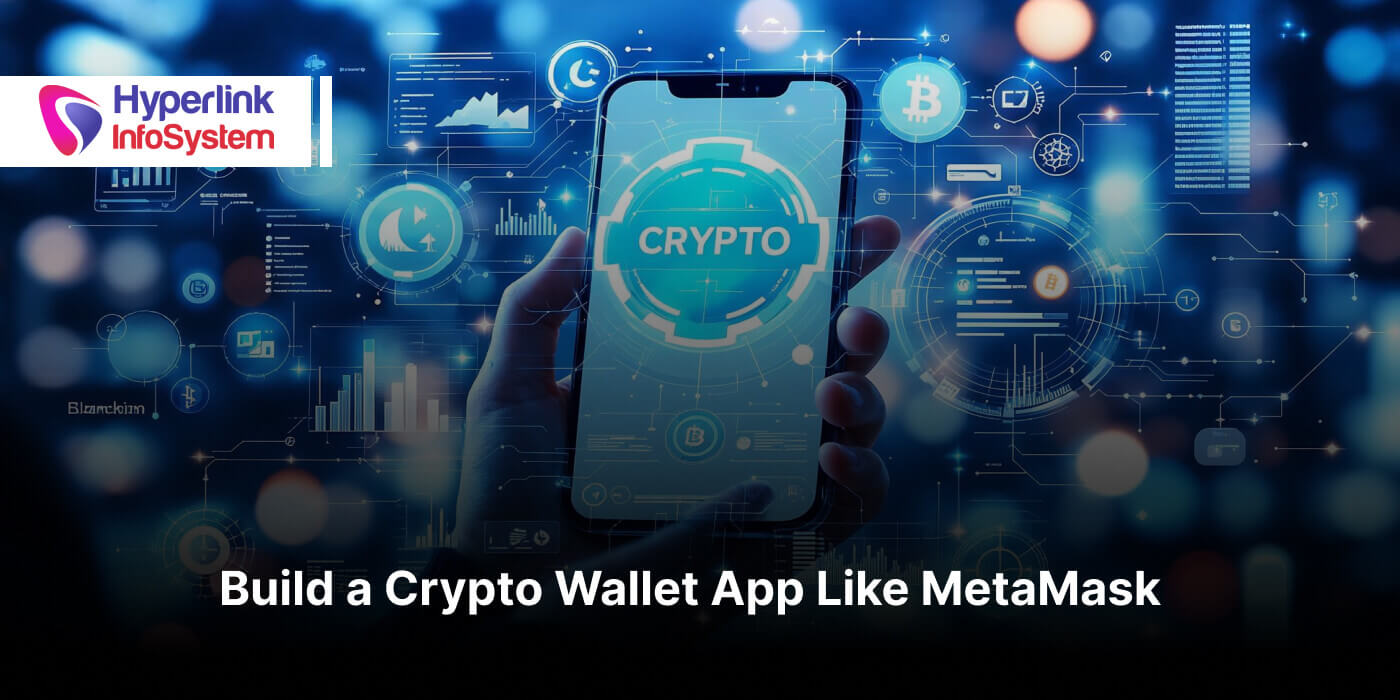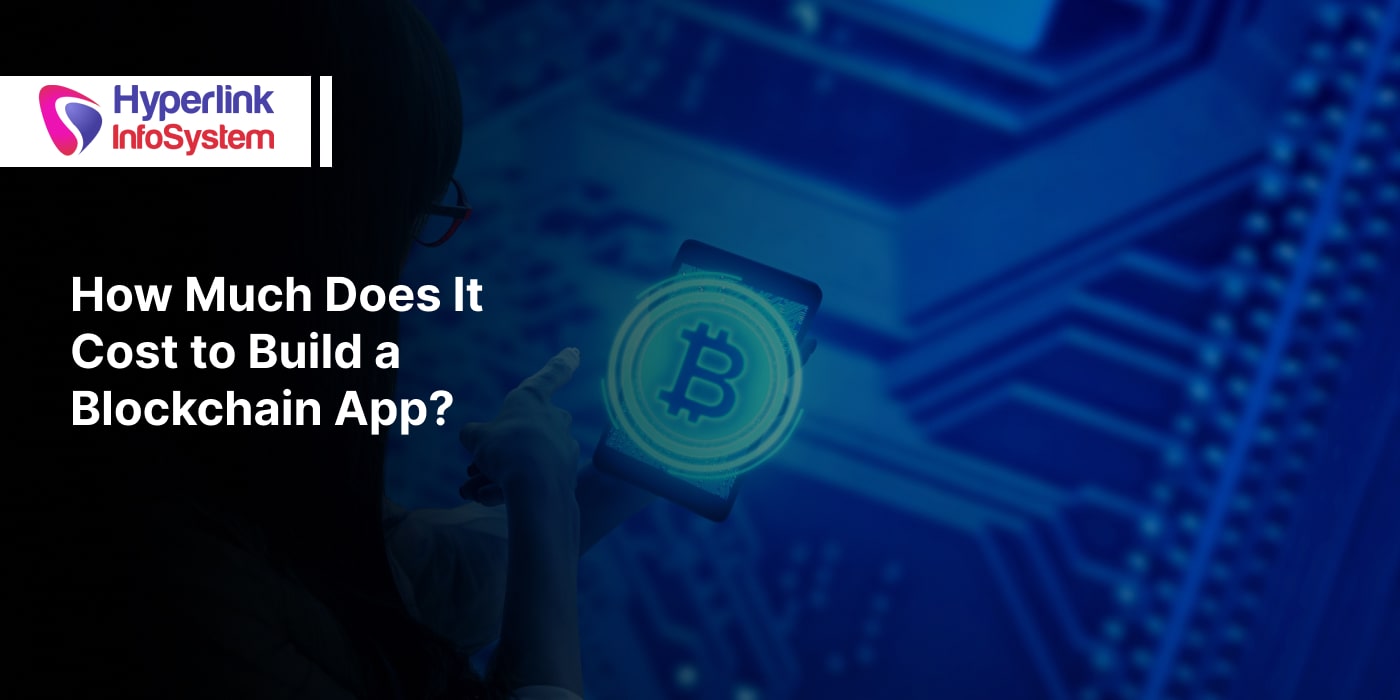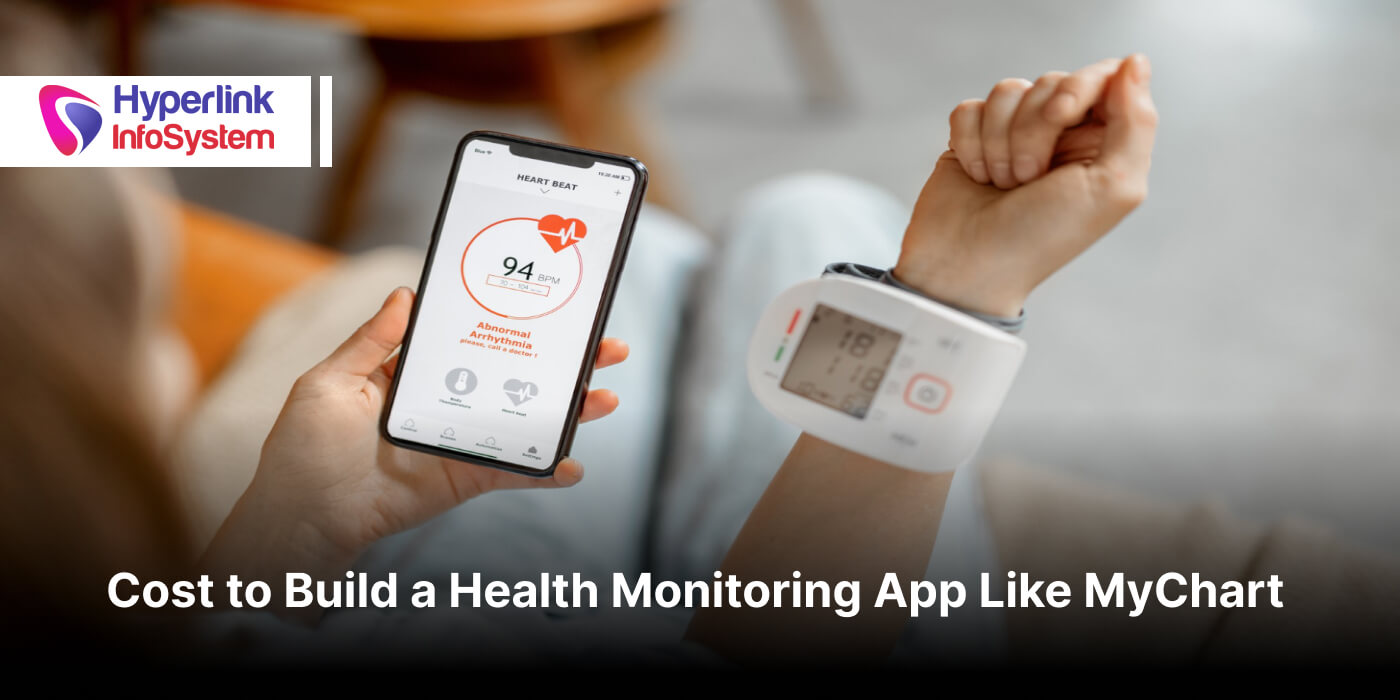Hire Blockchain Developers in Al Sharjah | Blockchain Development Company Al Sharjah
Top Al Sharjah blockchain development company. Hire Blockchain Developers in Al Sharjah.

The Key Benefits Of Blockchain Technology
Applications Of Blockchain Technology
With Hyperlink Infosystem, You Can Build A Blockchain In Al Sharjah
Blockchain Development With Hyperlink InfoSystem
Sectors Where Blockchain May Transform:
Supply Chain Management:
Service of Public Health Institutions:
The Uses of Blockchain Technology
Amplifying Business Progress Through Smart Solutions
Obtain robust software solutions, modernize systems, and leverage futuristic technologies for growth opportunities with the capabilities of a leading development company.
 Explore Services
Explore ServicesMobile App Development
We specialize in augmenting the mobile experience for users of different niches, industries, products, and more that can help businesses enhance their value with futuristic mobile applications.
Web Development
Explore our web development expertise to maximize your web presence which can help you captivate the audience by delivering unparalleled web experience.
eCommerce Development
Delivering perfect and top-notch customer satisfaction through smoothly functioning, secure, and integrated e-commerce solutions that help businesses boost sales, expand user engagement, and enhance business ROI.
Blockchain Development
Get the decentralized blockchain solution that can bring innovation through cutting-edge technologies to power up, revolutionize, and transform the business and operations.
Game Development
Turn your simple game development requirements into amazing high-quality 2D & 3D interactive gaming solutions with stunning graphics, smooth gameplay, engaging storylines, and more!
Salesforce Solution
Unlock the full potential of the Salesforce development that enables the business to address all the business complications and streamline the business operations with intelligence.
AI & ML
Offering end-to-end Artificial Intelligence development services to create custom and domain-specific AI solutions tailored to your unique business requirements.
IoT & Embedded
Building smart gadgets to create reliable infrastructure to bring holistic business change and enhance business proficiency through our custom IoT solutions.
Offering Exclusive Edge Following Custom Software Development Lifecycle
Customizing and delivering cutting-edge solutions employing the custom software development lifecycle to help businesses meet their future demands
Latest Blogs
Browse through the technical knowledge about latest trends and technologies our experienced team would like to share with you
Get All Insights
Is BlockChain Technology Worth The H ...
Unfolds The Revolutionary & Versatility Of Blockchain Technology ...


IoT Technology - A Future In Making ...
Everything You Need To Know About IoT Technology ...

Feel Free to Contact Us!
We would be happy to hear from you, please fill in the form below or mail us your requirements on info@hyperlinkinfosystem.com
Hyperlink InfoSystem Bring Transformation For Global Businesses
Starting from listening to your business problems to delivering accurate solutions; we make sure to follow industry-specific standards and combine them with our technical knowledge, development expertise, and extensive research.
4500+
Apps Developed
1200+
Developers
2200+
Websites Designed
140+
Games Developed
120+
AI & IoT Solutions
2700+
Happy Clients
120+
Salesforce Solutions

40+
Data Science

























